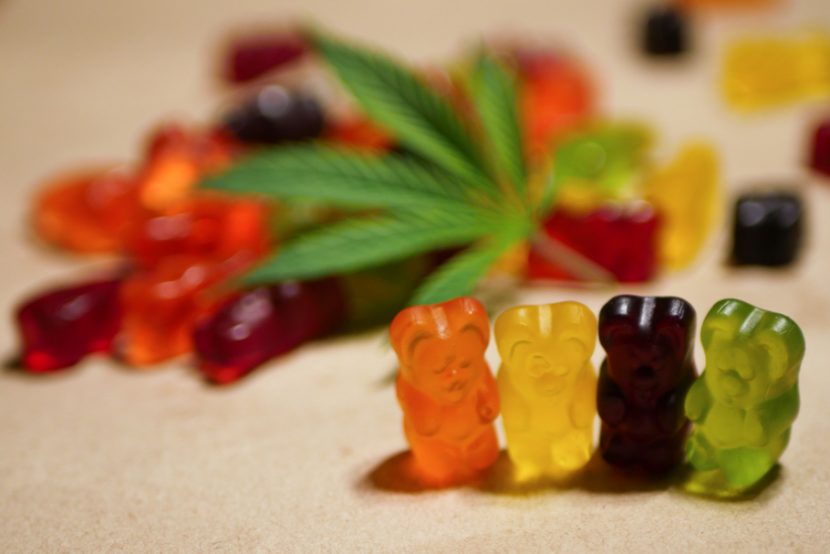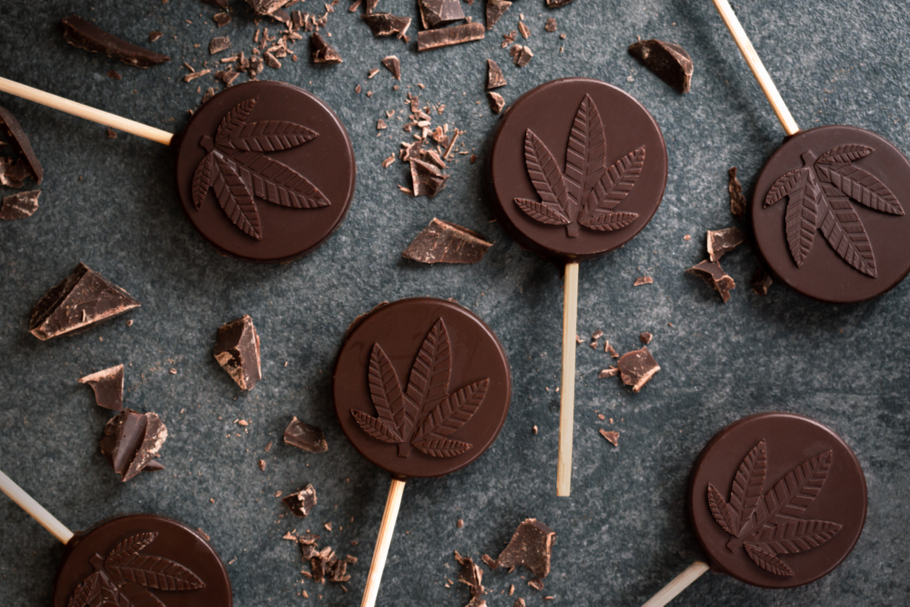Cannabis Edibles: The Promises and Challenges
By: Jackie Bowen
Cannabis-infused edibles have overtaken the market, and the cannabis industry is worth $61 billion in the US alone. Consumers love their convenience, flavor, and health benefits. The chemical compound cannabidiol can help relieve stress, reduce anxiety and alleviate pain. However, cannabis edibles are under increased scrutiny as they continue to grow in popularity.
First, cannabis edibles might taste too good. This may lead to overconsumption and can be exacerbated by the fact that unlike cannabis that is inhaled, edibles need to be digested. Digestion can take up to 90 minutes to begin and up to three hours to feel the full effect. This is highly variable given someone’s weight, metabolism, and the product’s concentration. This delay can contribute to a consumer “just taking a little bit more” in order to achieve the desired effect.
Second, the cannabis edible industry has come under attack for marketing and branding that might be attractive to children and teenagers. In Canada, regulations have emphasized keeping cannabis-based products out of the hands of children. Cannabis edibles like chocolates, candies, and topicals must “not be appealing to youth” meaning restrictions on fonts, characters, flavors, and shapes. Finally, given the absence of federal regulations and guidance in the US, brands have taken the onus upon themselves to self-regulate. Current Good Manufacturing Practices (cGMP) and Hazard Analysis Critical Control Points (HACCP) may table stakes in the food industry, but when it comes to CBD and cannabis-infused products, these best practices aren’t as commonplace. Brands need to be much more proactive rather than reactive and make no assumptions when it comes to food safety.
Thinking about putting some research and development dollars toward cannabis-infused edibles? Here are some tips on what to watch out for:
- Test your raw material. Hemp-based ingredients are natural bioaccumulators, meaning that they do an effective job of cleaning up contaminated soils. You don’t want to introduce these into finished products, so do your due diligence on your incoming raw materials.
- Test the finished product. Clean Label Project’s investigation into best-selling CBD products found that 70% were mislabeled for potency and off by at least 10%. Test your finished product to make sure that your product label matches the content inside.
- Double-check the labeling. Sometimes marketing departments can make bold claims to appeal to consumers. Don’t make unproven medical health claims, as you could end up in hot water with the FDA.
- Check emerging and federal regulations. Cannabis regulations are constantly evolving, both nationally and on a state-by-state level. This results in a patchwork of compliance, with the onus falling squarely on the brand to make sure that the product abides by regulations where it is being sold
- Embrace cGMP best practices. While FDA’s food safety enforcement of the cannabis-edibles industry is questionable at best, this doesn’t mean that GMPs shouldn’t be implemented and followed. A robust cGMP program can help assure proper design, monitoring, and control of manufacturing processes and facilities- a definite necessity for cannabis-infused edibles.
- Rethink your packaging. Rather than choosing fun gummy molds for edibles, perhaps a clear square gummy would be a better fit to make sure you don’t create the perception of targeting children. Better yet, work with your packaging supplier to create child-proof packaging.
About the Author:
Jaclyn Bowen MPH MS is a food safety and quality systems engineer and executive director of Clean Label Project, a national non-profit and certification organization with the mission to bring truth and transparency to food and consumer product labeling. Through data, science, and benchmarking, Clean Label Project uses retail sampling and testing to benchmark product quality and purity of America’s best selling food and consumer products and award Clean Label Project’s coveted evidence-based Purity Award.

-
 FeaturedRisk management
The Cost of a Breach: What a Cyberattack Could Mean for Food Safety Recalls
FeaturedRisk management
The Cost of a Breach: What a Cyberattack Could Mean for Food Safety Recalls
-
 FeaturedRisk management
Securing the Food Chain: How ISO/IEC 27001 Strengthens Cybersecurity
FeaturedRisk management
Securing the Food Chain: How ISO/IEC 27001 Strengthens Cybersecurity
-
 FeaturedRisk management
Revolutionizing Food Safety Training: Breaking Out of the “Check-the-Box” Mentality
FeaturedRisk management
Revolutionizing Food Safety Training: Breaking Out of the “Check-the-Box” Mentality
-
 GFSI Standards
GFSI 2025: Building Trust, Tech-Forward Solutions, and Global Unity in Food Safety
GFSI Standards
GFSI 2025: Building Trust, Tech-Forward Solutions, and Global Unity in Food Safety
-
 FeaturedFood Safety
Integrated Pest Management: Strategies to Protect Your Brand’s Reputation
FeaturedFood Safety
Integrated Pest Management: Strategies to Protect Your Brand’s Reputation
-
 FeaturedFood Safety Culture & Training
No Open Door Policy: Challenges That Impact Pest Control in Food Processing Plants
FeaturedFood Safety Culture & Training
No Open Door Policy: Challenges That Impact Pest Control in Food Processing Plants




